Anal Cancer in People Living with HIV
Details
Overview
ASHM’s HIV Board National Advisory Group and sub-committee for Guidance on HIV Management in Australia approved the below recommendations on 29th November 2021.
Recommendations:
MSM living with HIV aged 50 and above should have a digital ano-rectal examination (DARE) annually as part of their routine HIV care.
Digital ano-rectal examination (DARE) should be offered to all people living with HIV aged 45 and over
The ‘screening test’ will also involve looking or feeling for any abnormalities in the perianal skin (i.e. within 5 cm diameter of the anal verge).
For more information on Anal Cancer including tutorials visit the Anal Cancer Examination website.
Background:
In 2016, ASHM commissioned a sub-committee to look at the role of screening for anal cancer in men who have sex with men (MSM) living with HIV. The groups’ focus was on the merits and issues around routine screening using DARE. This committee provided their recommendations which were approved by the sub-committee for Guidance on HIV Management in Australia on the 17th November, 2016.
In late 2020, ASHM received a submission from the Positive Life NSW HPV Working Group to review the recommendations and update to include screening for all people living with HIV aged 45 years and above to be screened.
ASHM requested the help of Dr Jason Ong who guided a scoping review which was performed by QiRui Soh, Melissa Shi and Emma Sivewright. The review concluded the following:
- There is a higher burden of disease of anal cancer among people living with HIV regardless of gender or sexual orientation, when compared to their counterparts without HIV.
- There is evidence that anal cancer can be detected in MSM living with HIV younger than 50 years, supporting the proposal to reduce the starting age for screening.
- There is no evidence that early anal cancer may present differently according to age, gender or sexual orientation. There was one study that suggested that people living with HIV presented with a larger tumour size at the time of diagnosis but it was not clear if this was due to pathophysiological reasons, individual factors or structural barriers.
- There is no evidence of differences in the natural history of anal cancer related to age, gender or sexual orientation.
- There is no evidence of DARE’s safety, precision and validation in heterosexual men or transgender and gender diverse people living with HIV. One small study reports the experience of DARE among heterosexual women living with HIV.
- There is limited evidence for the acceptability of DARE for women living with HIV and younger MSM, but no evidence was found for heterosexual men or trans and gender diverse people living with HIV.
- There is no evidence that anal cancer treatment outcomes differed according to age, gender or sexual orientation.
- There is no evidence regarding who should be treated for anal cancer differed according to age, gender or sexual orientation.
- There is no evidence regarding the cost-effectiveness of DARE for non-MSM populations. We recommend a cost effectiveness study for all people living with HIV to be performed, which takes into consideration at what starting age and how often screening via DARE should occur among non-MSM living with HIV.
Resources for increasing awareness of anal cancer with your patients
An elephant in the room? Anal cancer and people with HIV
Anal Cancer and Gay Men – a radio interview with Doctor Jason Ong
The bottom line: Gay Men, HPV and Anal Cancer
Anal Cancer Foundation Website
Anal cancer is on the rise; it’s a shame
Resources for how to incorporate DARE into your routine HIV practice
ASHMs HIV Management Guidelines: Anal Cancer
Conferences and Events
Discover our events calendar, featuring impactful health conferences and educational gatherings. Join health professionals, researchers, and community organisations in HIV, BBV, sexual health and other health fields. Explore our calendar to find engaging opportunities tailored to your interests and professional development.

